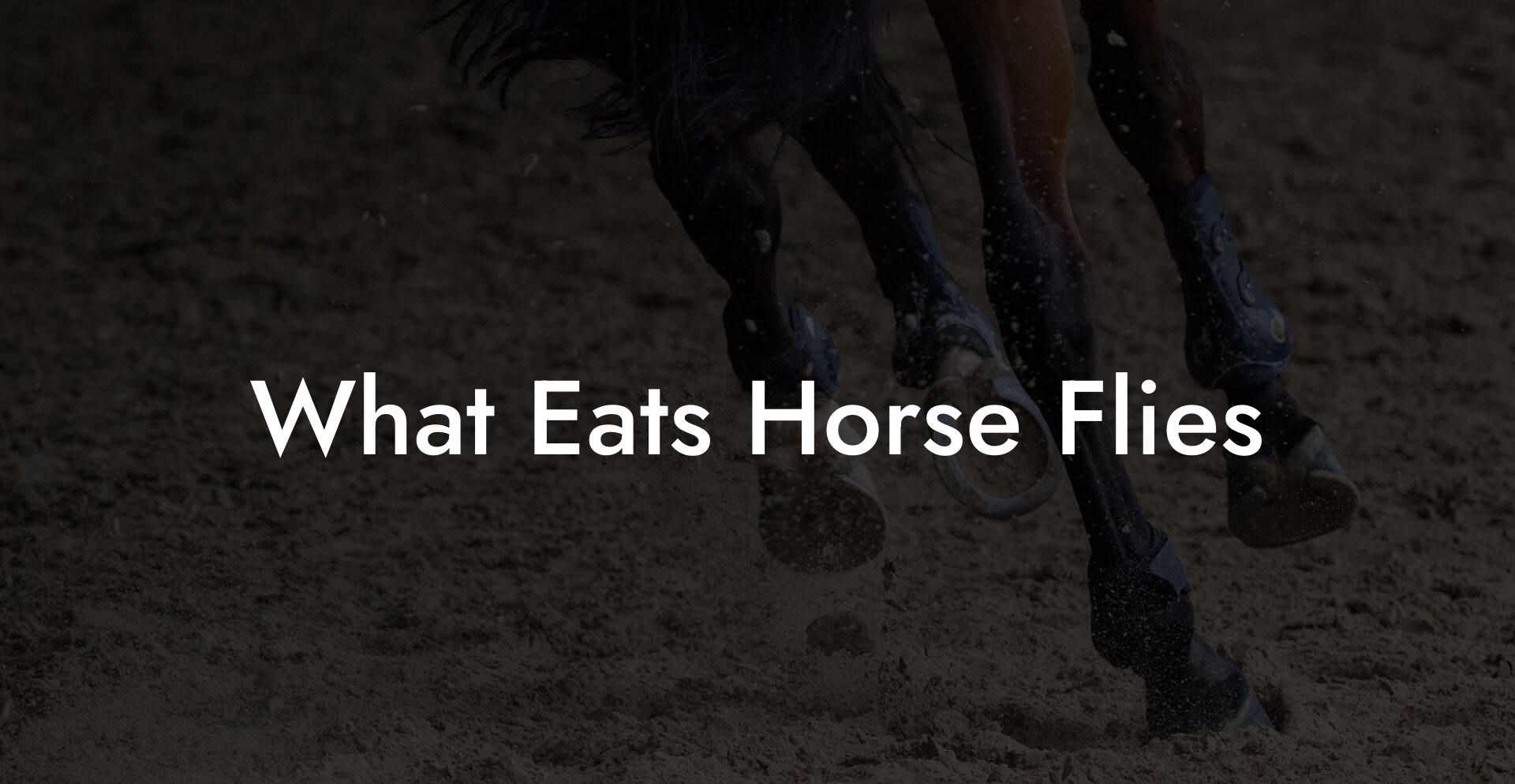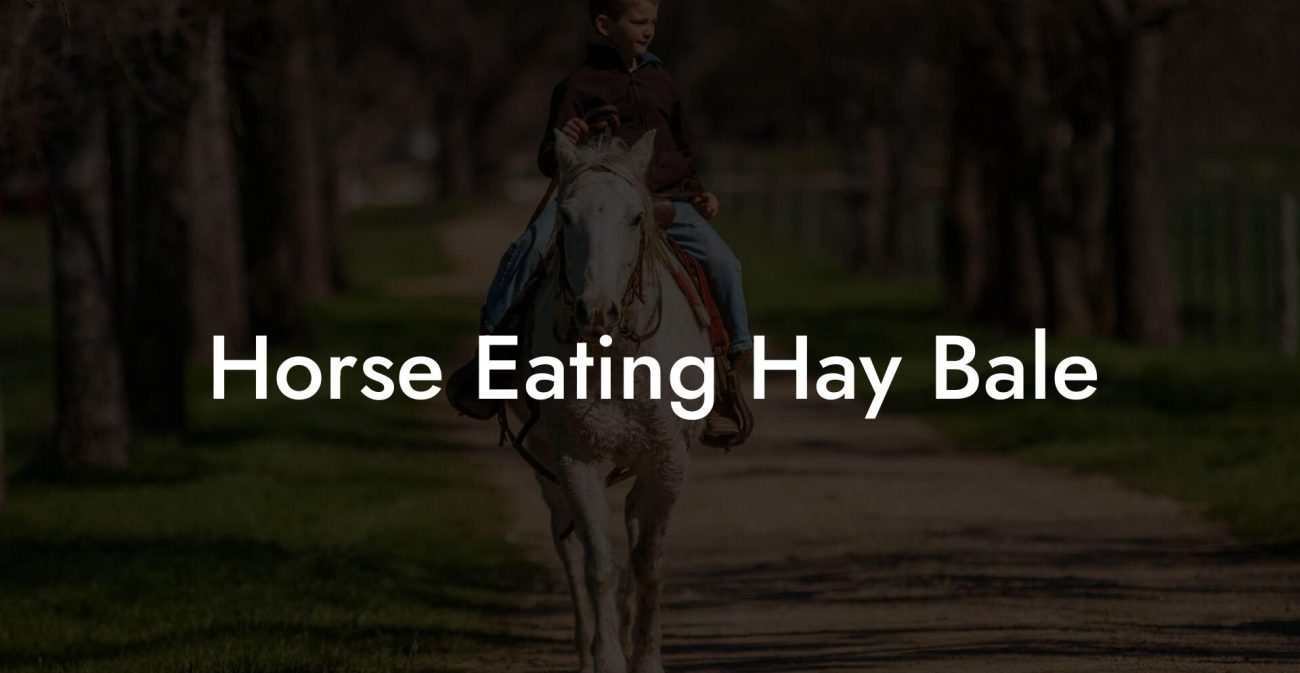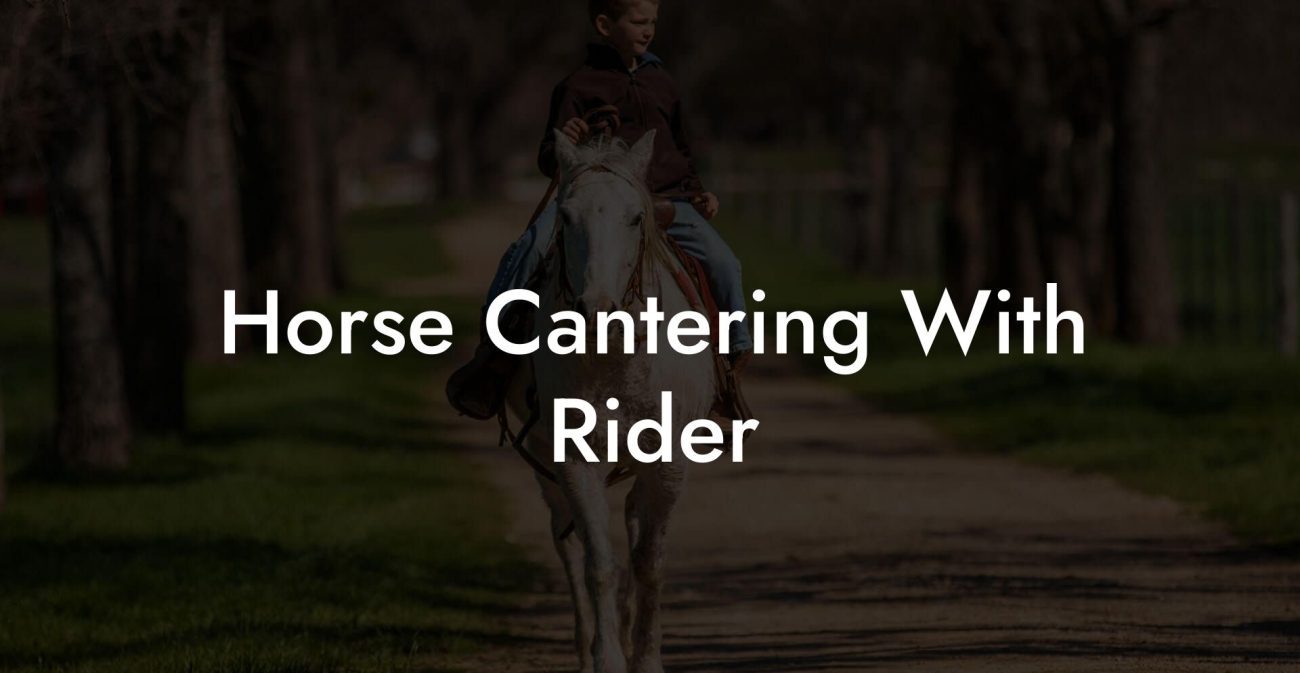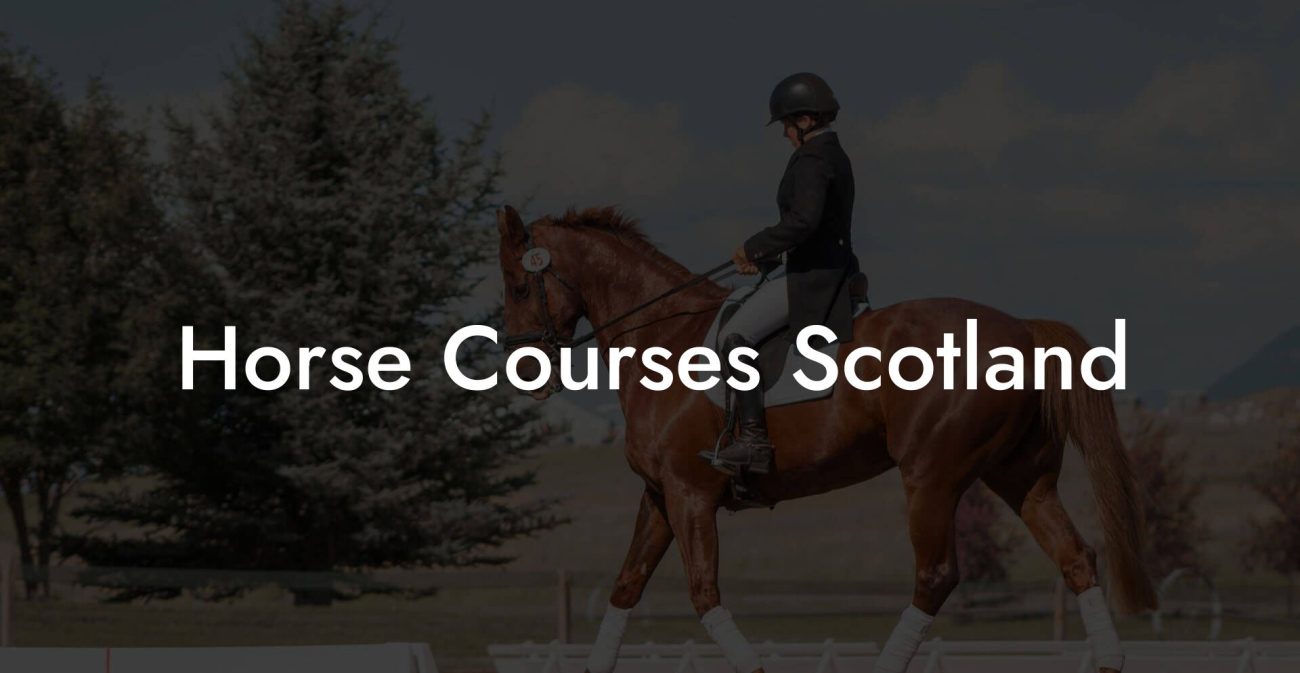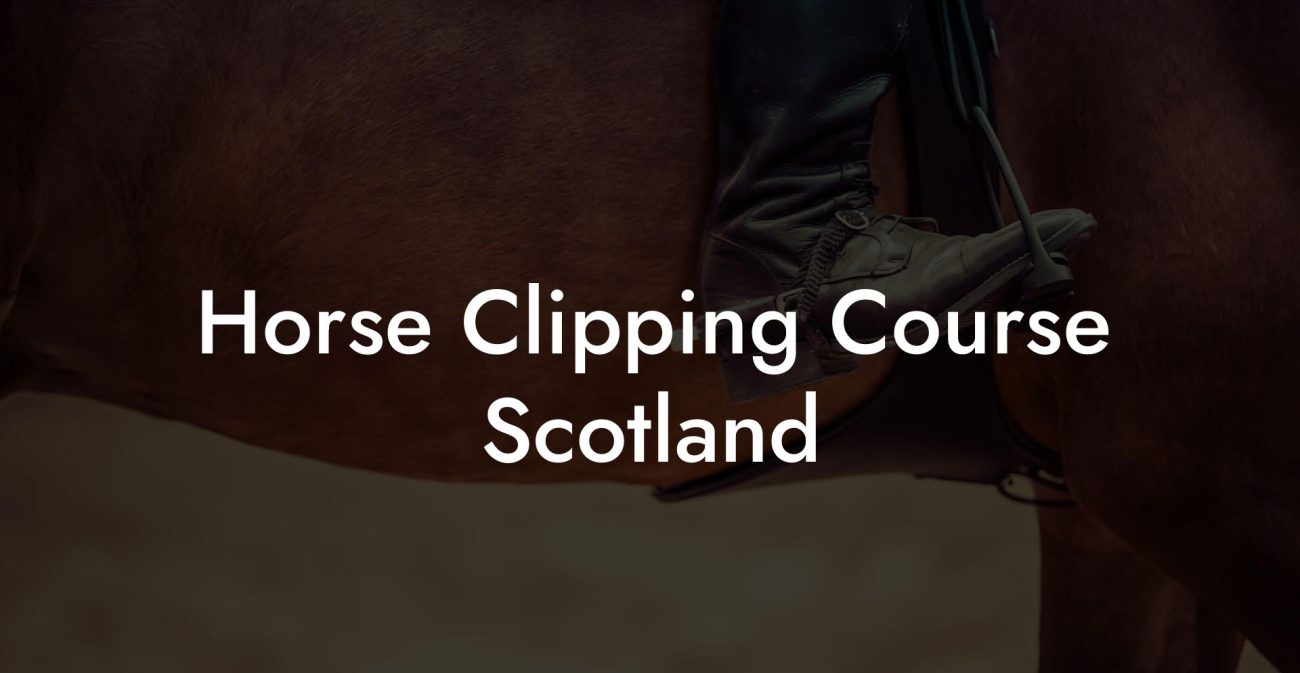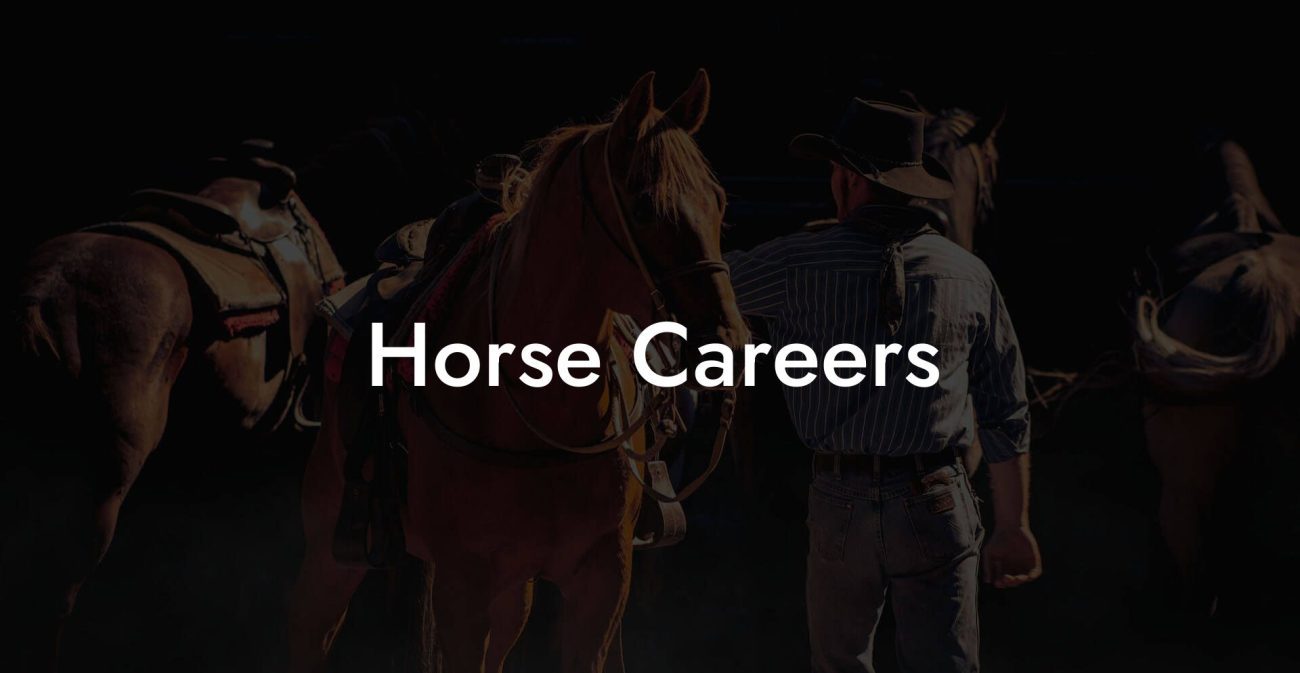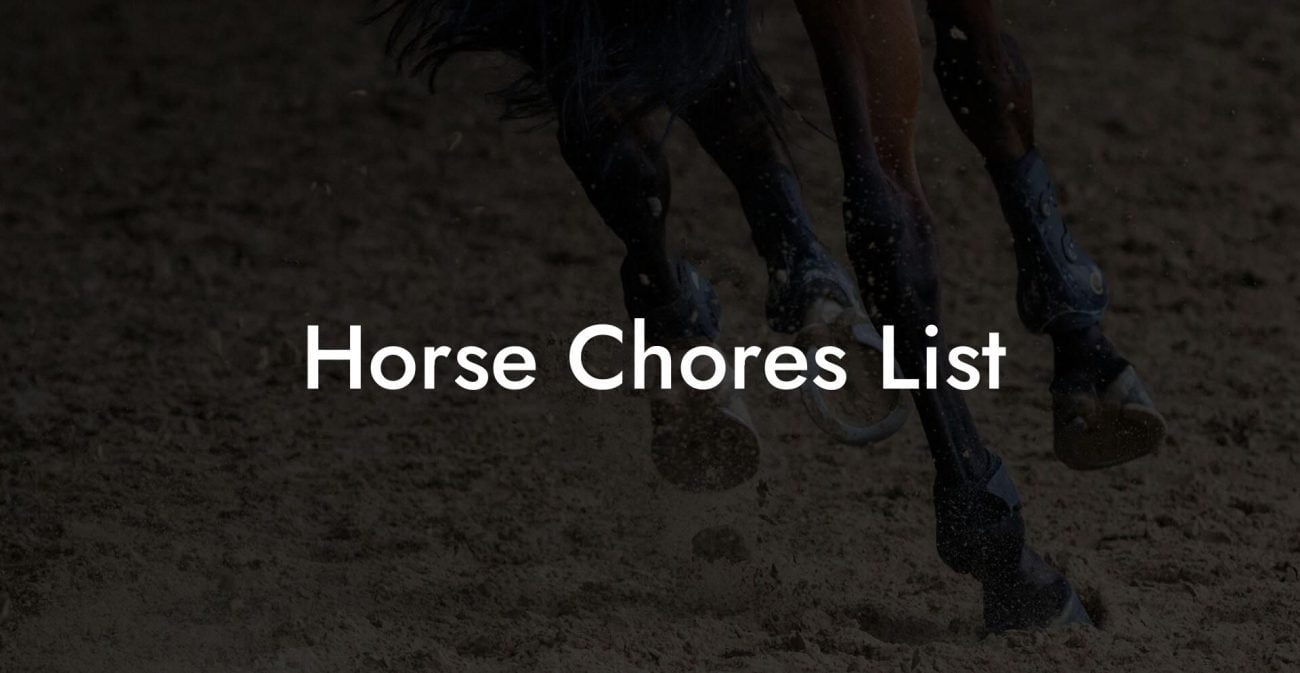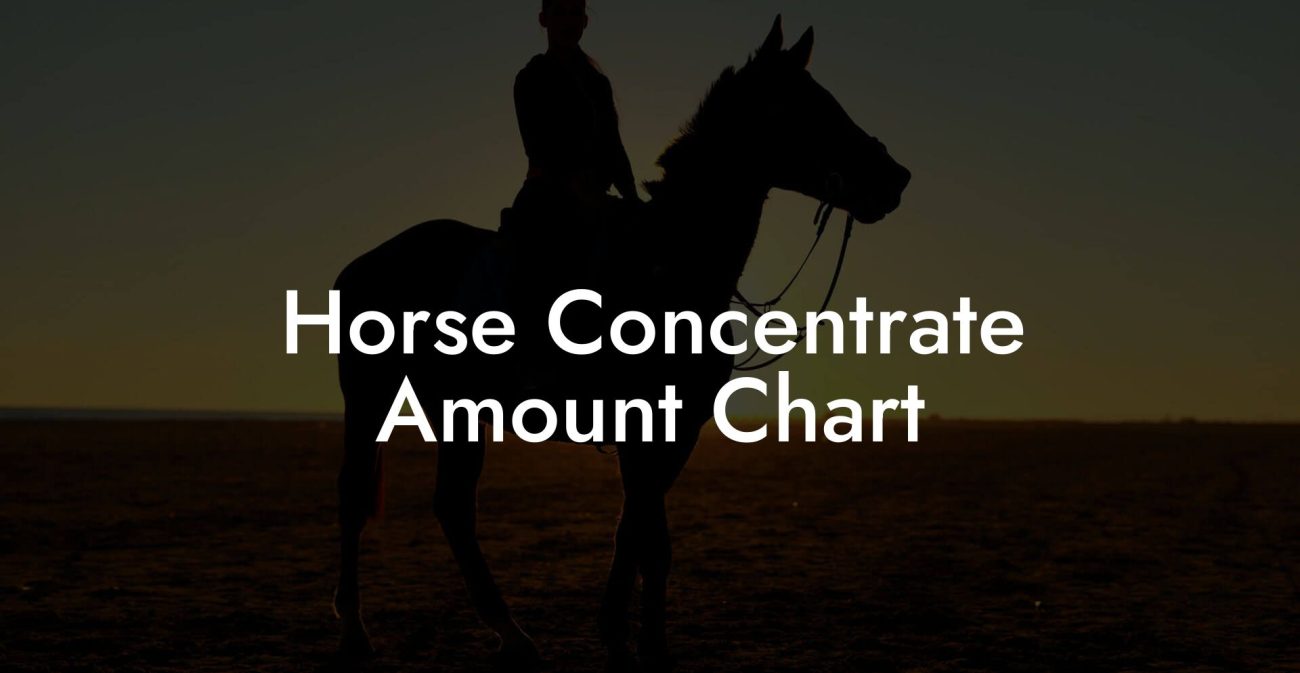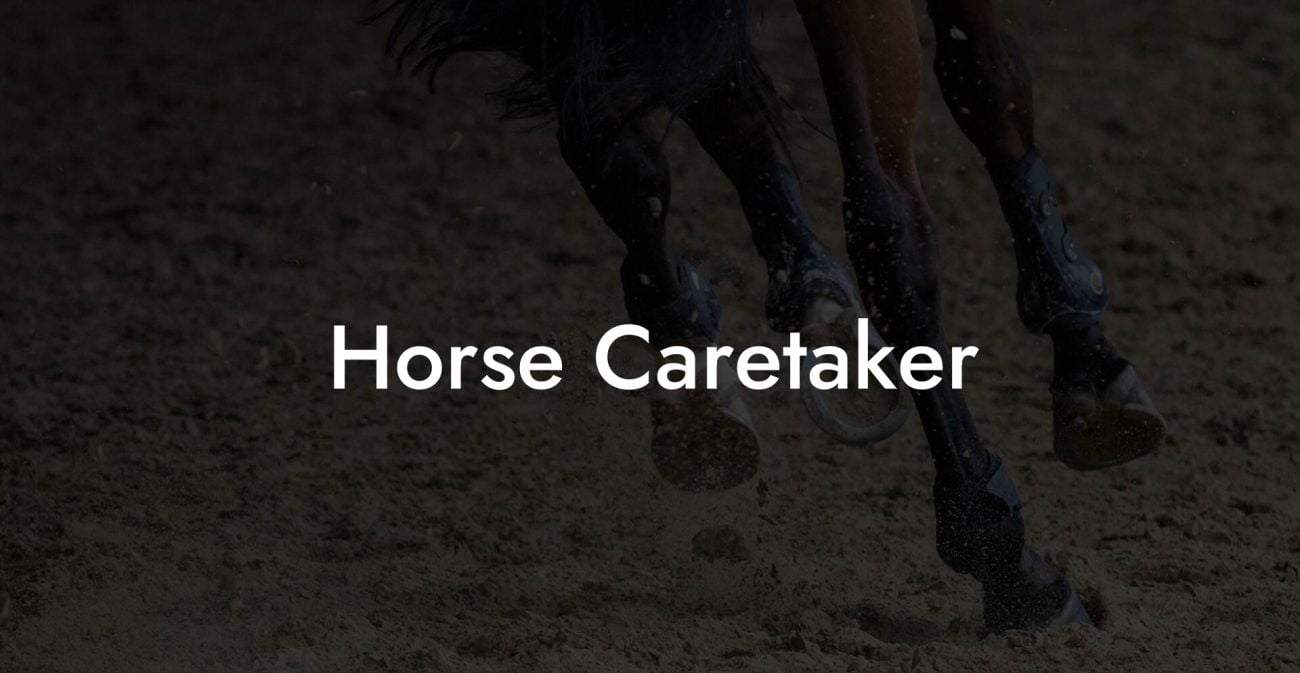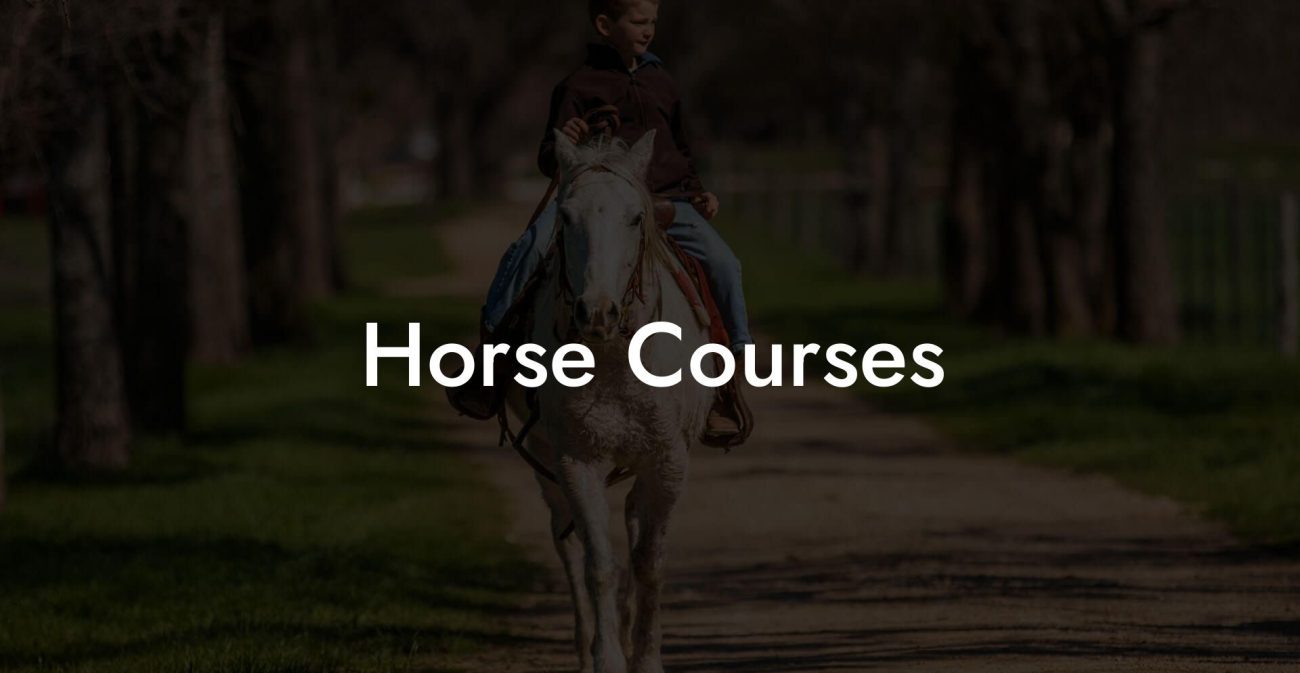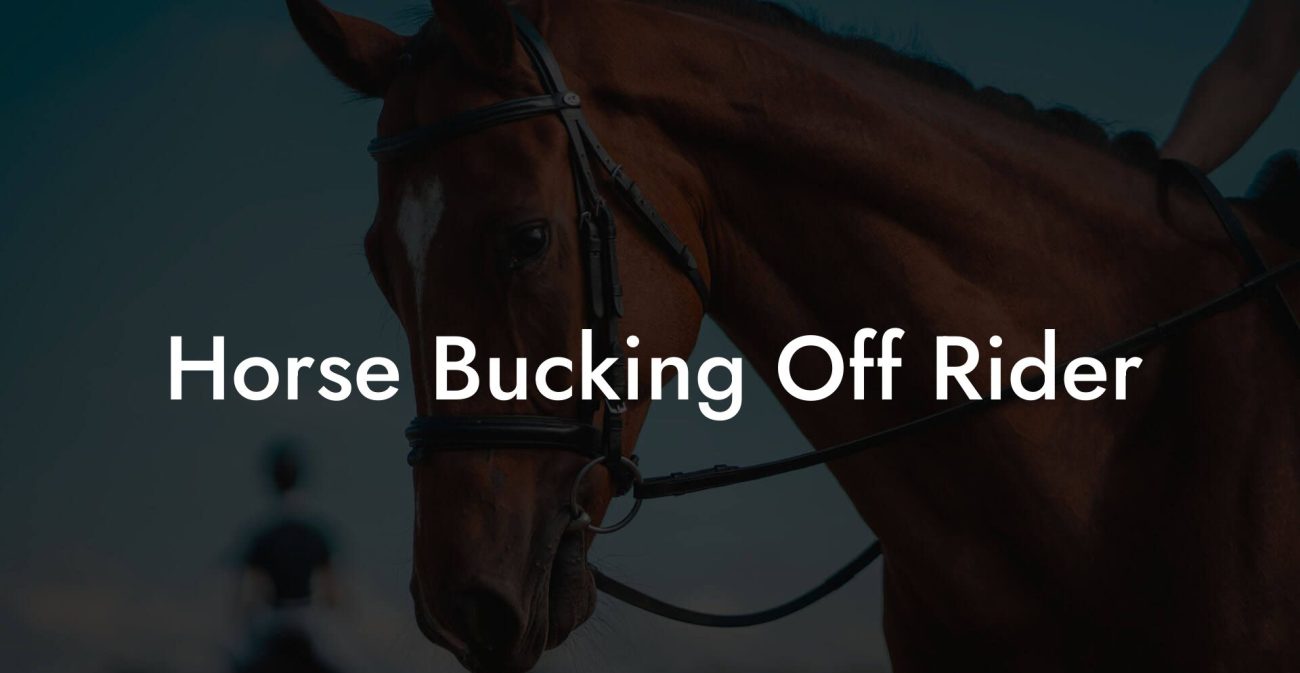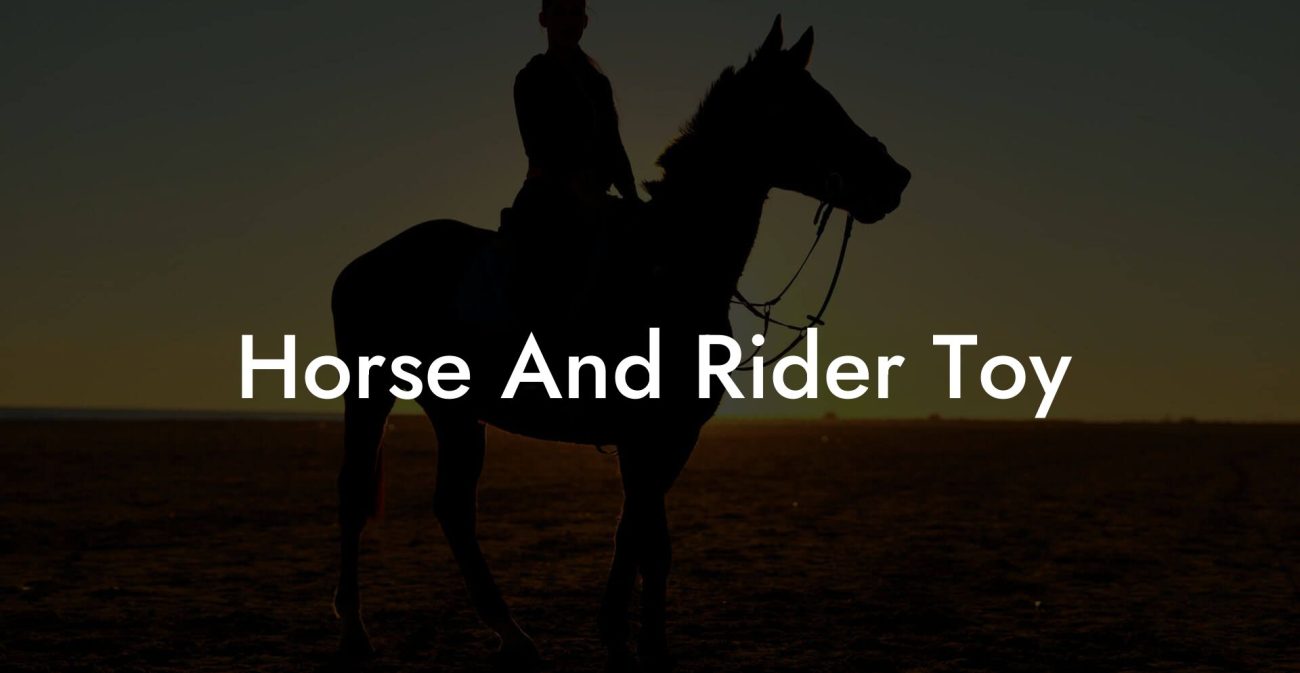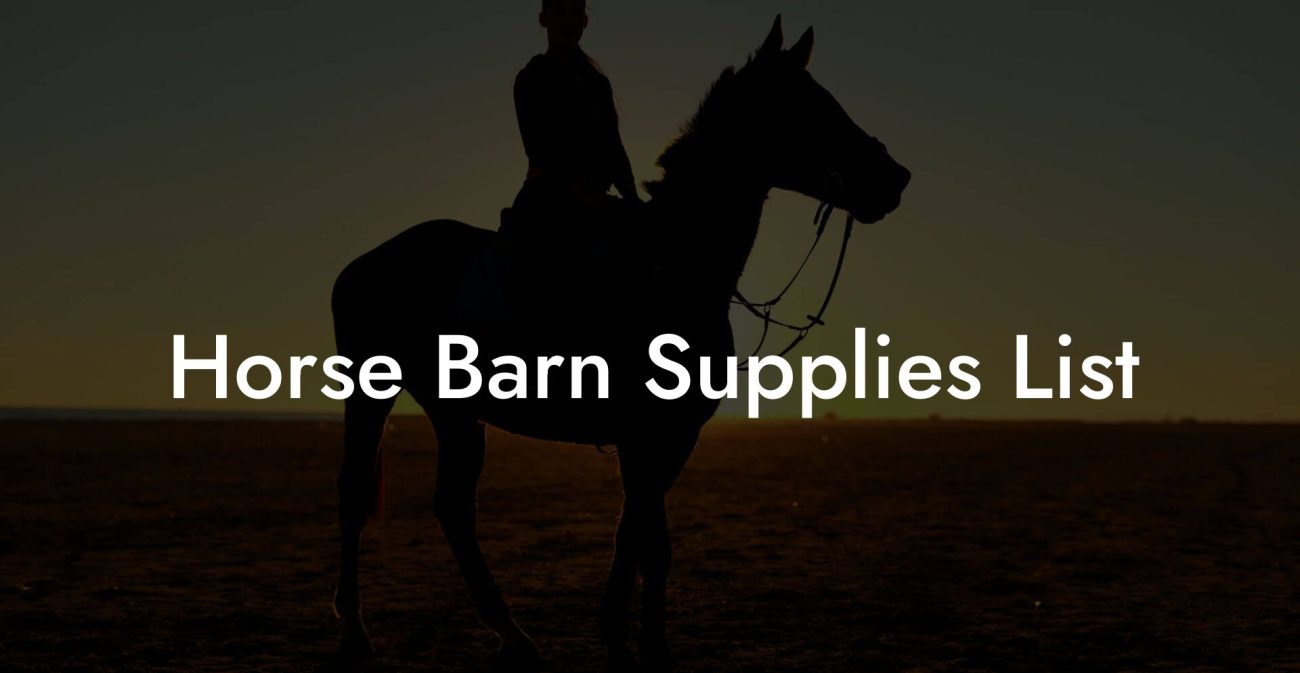Ever found yourself squinting up at your pasture wondering if there's an undercover squad of critters out there ready to take a bite out of those relentless horse flies buzzing around your equine buddy? If you’re nodding along, you’re in the right place. Let’s dive headfirst into the wild and wacky world of horse fly predators, nature’s unsung heroes that help keep our horses (and our sanity) intact.
Quick Links to Useful Sections
- Horse Flies 101: The Unwelcome Guests in Your Pasture
- Natural Predators of Horse Flies: The Unsung Heroes of the Ecosystem
- Integrated Pest Management: Combining Nature with Smart horse care
- Biological Controls
- Cultural Controls
- Mechanical Controls
- Environmental Factors: The Habitat Puzzle of Horse Flies and Their Predators
- Practical Strategies for Attracting Natural Predators to Your Pasture
- Create Welcoming Habitats
- Adopt Planting Practices That Support Biodiversity
- Reduce Chemical Use
- Implement Rotational Grazing
- Seasonal Variations and Their Impact on Horse Fly Activity
- Controversies and Misconceptions About Natural Horse Fly Predation
- Misconception #1: “Predators Can’t Eat Enough Horse Flies to Make a Difference”
- Misconception #2: “Introducing Predators Will Disrupt My Pasture’s Balance”
- Controversy: Chemical Treatments vs. Natural Methods
- Case Studies: Real-World Examples of Natural Horse Fly Management
- Case Study 1: The Dragonfly Duo
- Case Study 2: Birds to the Rescue
- Case Study 3: Amphibious Allies
- Innovative Technologies Supporting Natural Pest Control
- Resources and Community Support: Your Next Steps Towards a Fly-Free Pasture
- Educational Websites and Forums
- Local Agricultural Extension Services
- Equine and Environmental Organizations
- Social Media Groups
- Debunking Common Myths: What Really Eats Horse Flies?
- Myth #1: “Only Chemicals Can Control Horse Flies”
- Myth #2: “Attracting Predators Will Harm My Horses”
- Myth #3: “All Predators Are Equally Effective”
- Innovative Research and Future Directions in Natural Horse Fly Control
- Frequently Asked Questions About What Eats Horse Flies
- Your Path to a Natural, Fly-Free Equine Environment
Horse Flies 101: The Unwelcome Guests in Your Pasture
Horse flies are more than just annoying insects; they’re real pests that can cause stress, discomfort, and even serious health issues for horses. Known for their painful bites and persistent buzzing, these insects can be a major headache for horse owners. But before we get into the amazing world of what eats horse flies, it’s important to understand the enemy.
These aggressive insects flourish in warm, humid environments and are particularly active during the summer months. Unlike your average mosquito, horse flies not only irritate horses with their painful bites but also have a voracious appetite for blood, making them a significant nuisance in pastures. Their life cycle is equally fascinating and frustrating: adult horse flies lay eggs near water sources or damp soil, leading to the emergence of larvae that thrive in wet environments. It’s a cycle that inevitably results in large numbers of these pests if left unchecked.
Understanding the horse fly life cycle is essential for effective management. By knowing when these pests are most active, you can take proactive steps to protect your horses and harness nature’s very own pest control strategies. This is where nature’s bounty of predators comes into play.
Natural Predators of Horse Flies: The Unsung Heroes of the Ecosystem
In nature, every creature plays its part, even the pesky horse fly. Luckily, nature has its own pest control team that preys on these bothersome insects. Let’s explore the diverse cast of characters that help keep horse fly populations in check:
- Dragonflies: Often called the aerial acrobats of the insect world, dragonflies are ferocious hunters that can snatch horse flies mid-flight. Their lightning-fast reflexes and vibrant colors add a touch of nature’s rockstar vibe to any pasture.
- Robber Flies: Don’t let their intimidating name fool you, these predatory insects use stealth to ambush their prey, including horse flies. With a reputation for their aggressive feeding habits, robber flies are excellent at curbing pest populations.
- Bats: Nocturnal and mysterious, bats leave behind the myth that they’re just pests themselves. In reality, many bat species feast on flying insects like horse flies, making them invaluable allies in the battle against pests.
- Birds: From swallows to purple martins, many insectivorous birds love to snack on horse flies. Their aerial acrobatics and persistent foraging contribute significantly to natural pest control, plus, they add a cheerful morning song to your farm life!
- Frogs and Toads: These amphibious predators hang out in moist environments and are more than happy to gobble up any stray fly that comes near. Their presence is a good indicator of a healthy, balanced ecosystem.
- Other Insects: Praying mantises, certain wasp species, and even some spiders can also target these pesky flies, adding to the diverse web of natural predators that keeps our pastures balanced.
Each of these predators plays a crucial role in maintaining the ecological balance in equine environments. By naturally reducing horse fly numbers, they not only protect your horses but also contribute to a healthier, more sustainable habitat.
Integrated Pest Management: Combining Nature with Smart horse care
While nature provides a built-in defense against pests, effective horse fly management often calls for a more sophisticated, integrative approach. Integrated Pest Management (IPM) is a holistic strategy that blends natural predation with practical, proactive measures to control horse fly populations.
IPM isn’t about relying solely on chemical treatments or sacrificing your horses’ health for a pesticide spray. Instead, it combines a deep understanding of horse fly behavior with a balanced blend of biological, cultural, and mechanical controls. By attracting natural predators, adjusting pasture management practices, and employing technology, you can keep horse flies at bay while maintaining a healthy environment for your horses.
Biological Controls
Encouraging populations of natural predators, like bats, birds, and dragonflies, can be a game-changer. Consider installing bat houses and bird feeders or even creating water features that attract frogs and toads. These small adjustments can lead to a big reduction in horse fly numbers over time.
Cultural Controls
Adjusting the way you manage your pasture can also help. Keep your environment clean by removing standing water and moist organic matter that serve as insect breeding grounds. Rotational grazing can aid in breaking the horse fly life cycle while promoting healthier pastures.
Mechanical Controls
Sometimes simple solutions are the best solutions. Fans in stables, fly traps, and protective screens are all effective at minimizing horse fly nuisance without resorting to harsh chemicals. By combining these methods with natural predation, you can develop a robust system for keeping horse flies under control.
Integrating these approaches not only addresses the immediate problem of horse flies but also contributes to the overall well-being of the ecosystem, ensuring that your horses have a safe and relaxing environment to thrive.
Environmental Factors: The Habitat Puzzle of Horse Flies and Their Predators
The success of your horse fly management strategy hinges on understanding and leveraging environmental factors that influence both the pests and their predators. Think of it as setting the stage for an action-packed natural drama.
Moisture and Humidity: Horse flies thrive in damp environments where their eggs can hatch with minimal difficulty. Simultaneously, many of their predators also prefer moist habitats, a fact that can be turned to your advantage. For instance, water features like ponds or rain gardens attract frogs, toads, and dragonflies, fostering a natural control mechanism.
Vegetation and Shelter: Dense vegetation offers shade and breeding grounds for horse flies, but it also provides perching spots and hiding places for birds and other insectivores. Managing vegetation through strategic trimming and planting can help create an environment that favors predators over pests.
Temperature: Warmer weather accelerates the life cycle of horse flies, meaning that as the mercury rises, so does the need for vigilant pest control. However, many natural predators are equally active during these months, ready to swoop in and reduce the horse fly population.
By understanding these environmental factors, you can optimize your pasture and stable conditions to not only deter pest populations but also encourage the thriving of natural predators.
Practical Strategies for Attracting Natural Predators to Your Pasture
If you’re ready to harness the power of nature by inviting these beneficial predators into your pasture, here are some actionable, down-to-earth strategies that are both practical and effective:
Create Welcoming Habitats
Start by enhancing your pasture environment with features that attract natural predators. Install bat houses in quieter corners of your property and put up bird feeders that lure insectivorous species like swallows and purple martins. A simple water feature can serve as an attractant for dragonflies, frogs, and toads.
Adopt Planting Practices That Support Biodiversity
Plant native species that not only thrive in your local climate but also attract beneficial insects and birds. Wildflowers, shrubs, and trees can provide shelter and foraging opportunities for predators, creating a balanced ecosystem where natural pest control flourishes.
Reduce Chemical Use
Limit your use of broad-spectrum pesticides that can be harmful to both your horses and the natural predators you’re trying to attract. Instead, opt for targeted treatments and consider organic or eco-friendly alternatives that minimize collateral damage in your ecosystem.
Implement Rotational Grazing
Rotational grazing not only promotes healthier pastures but can also disrupt the breeding cycle of horse flies. By changing where your horses graze, you lessen the chance for horse flies to build up in one concentrated area, simultaneously enhancing the diversity of your pasture’s ecosystem.
These strategies are designed to work together harmoniously, providing your horses with a safer, more comfortable environment while keeping those pesky flies where they belong, at a sustainable, manageable level.
Seasonal Variations and Their Impact on Horse Fly Activity
The battle against horse flies is not fought on a single front, it’s a year-round adventure influenced by the rhythm of the seasons. Understanding these seasonal variations can help you anticipate and adjust your management strategies accordingly.
Spring: As temperatures rise and the snow melts away, the moisture in the soil creates ideal conditions for horse fly eggs to hatch. Early spring is a critical period to identify and mitigate potential breeding sites. Natural predators like early-breeding birds and emerging dragonflies also begin their seasonal activity, setting the stage for a balanced ecosystem.
Summer: This is when horse flies really turn up the heat, literally. The warm, humid days of summer result in a surge in horse fly populations. However, it’s also the season when natural predators are most active. Encouraging a habitat that supports these predators during these peak months can make a significant difference.
Fall: As the weather cools, the life cycles of both horse flies and their predators slow down. Fall is a great time to clean up pastures from accumulated organic debris, which helps reduce overwintering sites for pests. It also provides an opportunity to review your seasonal pest management strategies and plan for the next year.
Winter: Typically, horse fly activity is minimal during the coldest months, providing a natural break in their life cycle. However, maintaining the health of your pasture and ensuring that natural predators have safe roosting or hibernation spots is crucial for early season recovery.
By tailoring your pest management efforts to these seasonal changes, you can create a proactive, continuous defense against horse flies that aligns with nature’s own cycles.
Controversies and Misconceptions About Natural Horse Fly Predation
Despite the overwhelming benefits of natural pest control, there are plenty of misconceptions and controversies surrounding the idea of letting nature take its course. Let’s set the record straight:
Misconception #1: “Predators Can’t Eat Enough Horse Flies to Make a Difference”
It sounds too good to be true, right? While it’s true that no single predator can eliminate every single horse fly, the cumulative effect of multiple predators, each tackling the problem from a different angle, can significantly reduce the population over time. It’s all about a balanced ecosystem rather than a miraculous silver bullet.
Misconception #2: “Introducing Predators Will Disrupt My Pasture’s Balance”
Many horse owners worry that encouraging predators might lead to unintended consequences. In reality, a well-balanced ecosystem is resilient. Natural predators fill a unique niche that helps maintain a healthy balance, reducing pests without harming beneficial plants, insects, or your equine friends.
Controversy: Chemical Treatments vs. Natural Methods
There is often a heated debate about the use of chemical insecticides versus biological control methods. While chemical treatments can provide a quick fix, they often come at the cost of broader environmental damage and may harm the very predators you need. Integrated Pest Management (IPM) celebrates a more sustainable path, one that blends immediate relief with long-term ecological balance.
At the end of the day, understanding and harnessing natural predator populations offers a smarter, more sustainable way to manage horse fly populations. It’s a win-win for your horses and the environment.
Case Studies: Real-World Examples of Natural Horse Fly Management
Theory is fascinating and all, but real-life examples of horse fly control using natural predators bring the idea to life. Here are three case studies showcasing the effectiveness of integrated, natural management strategies:
Case Study 1: The Dragonfly Duo
On a midwestern ranch, a dedicated horse owner noticed a surprising increase in local dragonfly populations after installing several small water features. These winged warriors quickly became a natural defense, skillfully capturing horse flies in mid-air. Over the course of a single summer, the ranch saw a 30% reduction in horse fly-related issues. The owner even documented the thrilling mid-air battles between the dragonflies and the pesky flies, which later became a hit on social media, inspiring other horse owners to adopt similar measures.
Case Study 2: Birds to the Rescue
In a small countryside stable in the Pacific Northwest, the equine caretaker transformed the homestead by installing a series of bat and bird houses. With a focus on attracting insectivorous birds like swallows and purple martins, the stable became a buzzing hub of natural activity. The birds’ constant foraging resulted in a significant decline in horse fly numbers during peak summer months. Not only was the horse fly menace curtailed, but the presence of these birds also brought a sense of vibrancy and connectivity to the stable’s ecosystem.
Case Study 3: Amphibious Allies
In another inspiring example, a farm in the southern United States enhanced its pasture by creating wetland areas that attracted frogs and toads. These amphibious allies, referred to affectionately as the “Green Guardians,” quickly got to work, snapping up horse flies with remarkable efficiency. The integrated approach of habitat management and natural predation resulted in a milder horse fly season, enabling the horses to enjoy their pastures with fewer disturbances. This success story further underscored the importance of fostering biodiversity in any pasture management plan.
These case studies highlight not just the effectiveness, but also the sheer ecological beauty of using natural methods to control horse flies. When you join forces with nature, you’re accessing a time-tested strategy for pest control that benefits both your ponies and the planet.
Innovative Technologies Supporting Natural Pest Control
In our digital age, high-tech solutions are merging with age-old natural strategies to enhance horse fly management. Innovative technologies now assist in monitoring pest populations and even help in fostering an environment where natural predators can flourish.
Smart Sensors and Monitoring Systems: Modern sensors can track environmental changes and alert you when conditions are right for a surge in horse fly activity. Paired with real-time data analytics, these systems empower you to adjust your management practices before the problem escalates.
Mobile Apps and Digital Platforms: A growing number of apps allow horse owners to log insect activity, track predator populations, and share insights with a community of like-minded equine enthusiasts. The digital exchange of data and experiences is helping to spread natural pest control strategies far and wide.
Automated Fly Traps: For those days when natural predators need a little backup, automated fly traps work around the clock to capture pesky horse flies without resorting to harmful chemicals. These devices can be strategically placed in high-traffic areas, providing immediate relief while natural predators continue their work.
Integrating smart technology with proven natural methods creates a hybrid approach that leverages the best of both worlds. This synergy can lead to a more proactive, responsive, and effective strategy for managing horse flies while keeping your pasture a safe haven for your horses.
Resources and Community Support: Your Next Steps Towards a Fly-Free Pasture
Ready to take your pasture management game to the next level? Getting the right resources and joining a supportive community can make all the difference. Here are some valuable resources and community initiatives that can help you harness nature’s power in the battle against horse flies:
Educational Websites and Forums
Numerous websites and online forums are dedicated to sustainable equine management. Join communities where experts and fellow horse owners discuss natural pest control, share firsthand success stories, and offer practical advice on attracting natural predators.
Local Agricultural Extension Services
Check with your local agricultural extension services for workshops, seminars, and hands-on training sessions about integrated pest management and sustainable pasture care. These services provide a wealth of region-specific insights and best practices.
Equine and Environmental Organizations
Organizations like the American Association of Equine Practitioners and local wildlife conservation groups often host events and webinars about balancing animal care with ecosystem health. These gatherings are excellent opportunities to network, learn, and share your own experiences in natural pest management.
Social Media Groups
Don’t underestimate the power of modern technology and social media. Platforms such as Facebook, Reddit, and Instagram have thriving communities of horse enthusiasts who are always eager to swap tips, post before-and-after photos of pest management successes, and cheer each other on.
These resources and community networks are designed to not only educate but also empower you as you navigate the challenges of maintaining a healthy, fly-controlled pasture. With the right support, you can continue to innovate and adopt new strategies that keep your horses comfortable and your environment vibrant.
Debunking Common Myths: What Really Eats Horse Flies?
There’s a lot of misinformation swirling around about what truly helps control horse fly populations. Let’s debunk some of the most persistent myths:
Myth #1: “Only Chemicals Can Control Horse Flies”
The idea that only synthetic insecticides can tame horse flies is outdated. In reality, a balanced ecosystem, teeming with dragonflies, birds, bats, and other natural predators, can control these pests far more sustainably than any chemical spray.
Myth #2: “Attracting Predators Will Harm My Horses”
You might worry that inviting more wildlife, such as bats or birds, to your pasture could negatively affect your horses. On the contrary, these natural predators pose little risk to equine safety and, when managed effectively, create a healthier and more balanced environment.
Myth #3: “All Predators Are Equally Effective”
Not all predators have the same impact. While a single bat or bird might only consume a few horse flies a night, the collective impact of multiple predator species working in tandem can lead to a significant reduction in fly numbers.
By cutting through these myths and understanding the real dynamics of natural predation, you can make more informed decisions about how to protect your horses and maintain a harmonious balance in your pasture.
Innovative Research and Future Directions in Natural Horse Fly Control
The field of integrated pest management is continuously evolving, and current research is shedding new light on the symbiotic relationships between horse flies and their natural predators. Scientists are exploring:
- Genetic studies: To understand how natural predator populations can be naturally enhanced to improve pest control without disrupting local biodiversity.
- Behavioral research: On how horse flies respond to environmental changes and the presence of predators, which can help in designing more effective, non-invasive control methods.
- Ecological impact assessments: Which examine the long-term benefits of reduced chemical usage on pasture ecosystems, ensuring a healthier environment for both horses and wildlife.
These research initiatives are poised to offer groundbreaking insights, empowering horse owners with data-driven strategies that are both innovative and eco-friendly. As research progresses, we can anticipate even more refined methods that integrate high-tech monitoring with time-tested natural practices.
Staying abreast of these developments through academic journals, agricultural extension services, and equine industry conferences will equip you with the latest tools and techniques for fighting horse flies in a sustainable, forward-thinking manner.
Frequently Asked Questions About What Eats Horse Flies
As we wrap up our in-depth exploration of horse fly predators and natural management strategies, here are some frequently asked questions that many horse owners have when tackling this persistent pest problem:
1. What are the main natural predators of horse flies?
Natural predators of horse flies include dragonflies, robber flies, various species of insectivorous birds (like swallows and purple martins), bats, frogs, toads, and even some predatory insects such as praying mantises and wasps.
2. How can I attract these predators to my pasture?
You can enhance your pasture’s environment by installing bat houses, bird feeders, and water features to attract frogs, toads, and dragonflies. Additionally, planting native vegetation and reducing the use of pesticides will help create a welcoming habitat for these beneficial predators.
3. Does Integrated Pest Management (IPM) really work for controlling horse flies?
Absolutely. By combining habitat management, biological controls, and mechanical methods, IPM provides a comprehensive, sustainable strategy to manage horse fly populations effectively.
4. Are there any risks to my horses if I encourage these predators?
Generally, no. Natural predators pose minimal risk to horses and contribute to a balanced, healthy ecosystem that enhances overall pasture quality.
5. Can technology help in monitoring and managing horse fly populations?
Yes, modern smart sensors, mobile apps, and automated fly traps have made it easier than ever to monitor horse fly activity and adjust your management strategies in real-time, all while complementing natural predator efforts.
6. Is there a preferred season for implementing natural pest control measures?
While natural pest control strategies can work year-round, early spring is an ideal time to start managing breeding sites, and summer is when predator activity peaks, making it a critical period for integrated pest management.
7. How does reducing chemical pesticide use benefit natural predator populations?
Using fewer chemicals creates a safer environment for predators, allowing their populations to thrive and provide long-term, natural pest control benefits without harming the ecosystem.
The key is to blend natural methods with smart, technology-driven practices to achieve a balanced approach that maximizes the effectiveness of each strategy.
Your Path to a Natural, Fly-Free Equine Environment
Embracing nature’s strategies for managing horse flies is not only smart, it’s a sustainable way to protect your horses and enhance the overall health of your pasture. With the combined power of natural predators, technology, and proactive management, you can create an environment that effortlessly keeps these pests at bay.
As you implement these integrated strategies, remember that every small step counts. From installing bat houses and bird feeders to fine-tuning your rotational grazing plan, you are actively contributing to a more balanced, thriving ecosystem. And that’s a win for your horses, your pastures, and for nature itself.
So, the next time you see a dragonfly darting by or hear the gentle rustle of birds in the distance, know that nature is working its magic, one horse fly at a time. Empower yourself with knowledge, embrace sustainable practices, and let the natural world do what it does best: keep your equine sanctuary comfortable, balanced, and fly-free.
Your journey to a natural, fly-free pasture is just beginning. With the right mix of nature, technology, and community support, you’ll transform your environment into a model of sustainable horse care that benefits everyone, especially your horses.

